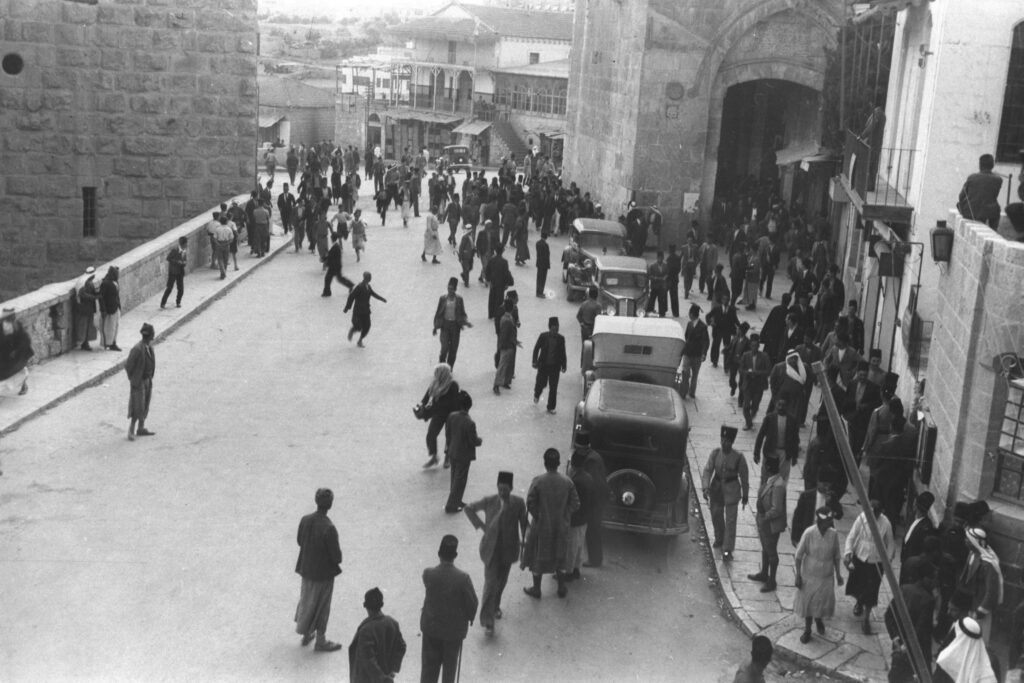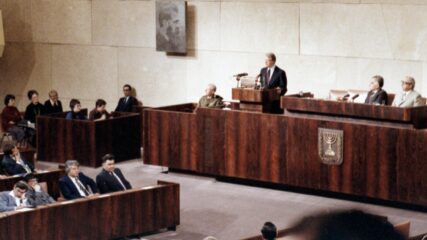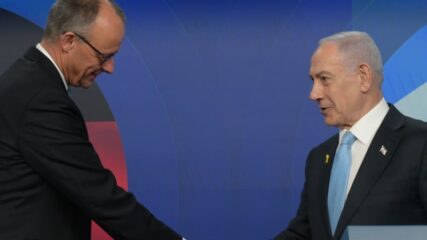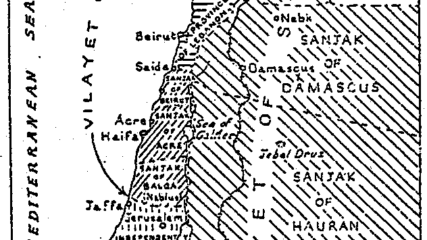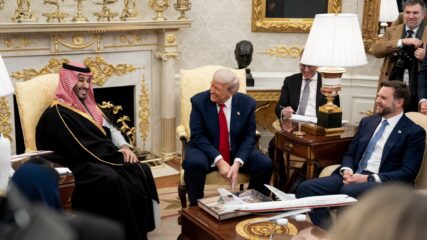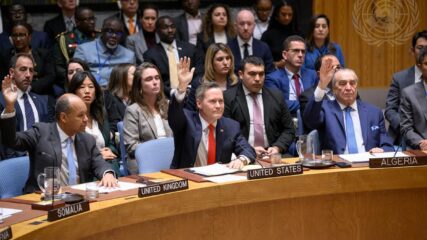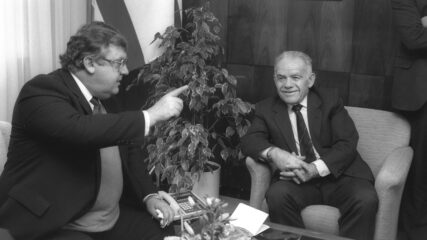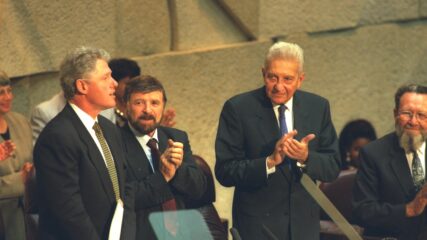April 1944
From the Archives of the Arab Militias/Gangs maintained by the Palmach Information Center. Published in Hebrew by the “Hebrew Defender” of the Palmach, the strike force of the Haganah, the paramilitary organization of the Yishuv, the Jewish community in the Land of Israel, April 1944. These selected excerpts and summaries were drawn from the Pamphlet Collection of the Central Zionist Archives in Jerusalem, Israel.
This analysis was undertaken and written at the Jewish Agency in Jerusalem by Jewish observers of the Arab riots and rebellion that took place between April 1936 and early 1939. The tone of the publication is that of Zionist nationalists, which should not diminish the accuracy of the reporting found in the pamphlet. Note that the transliteration of Arabic and Hebrew names may not follow the standard rules accepted by professional translators. Similarly, sometimes the tenses used in sentences may seem awkward. We have tried to be as true to the original Hebrew as possible.
— Ken Stein, August 2021
Read All the Excerpts and Summaries in a Printable PDF
